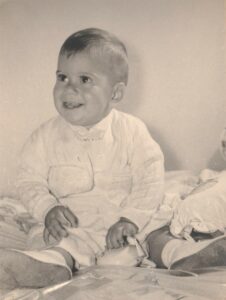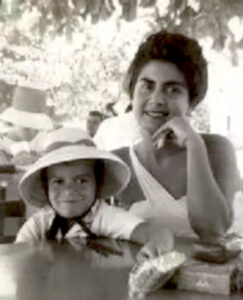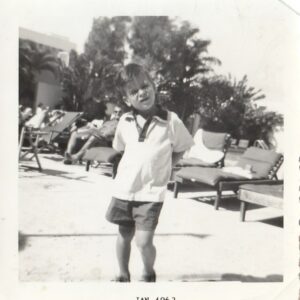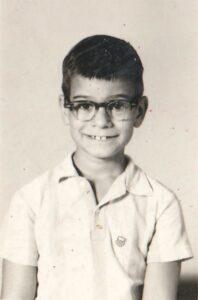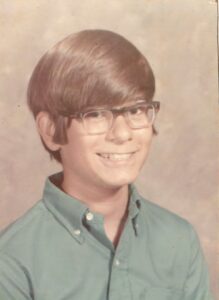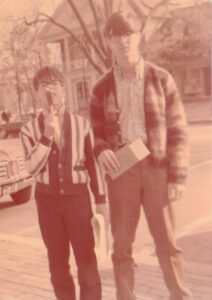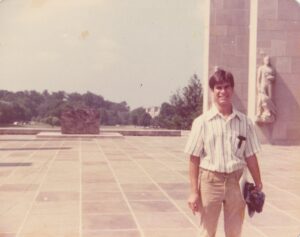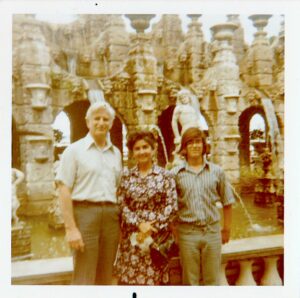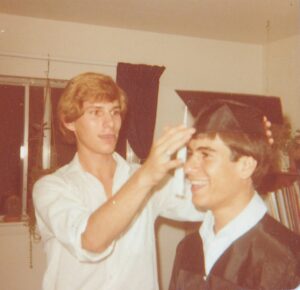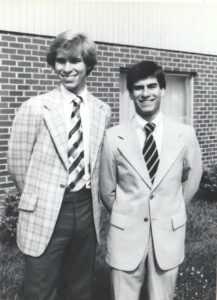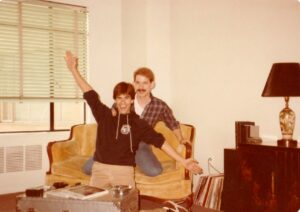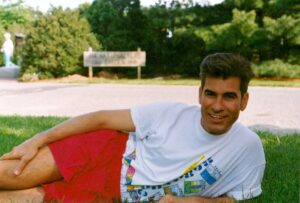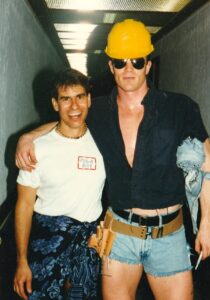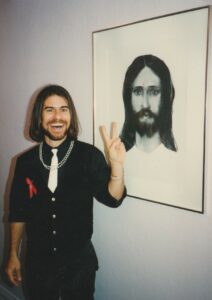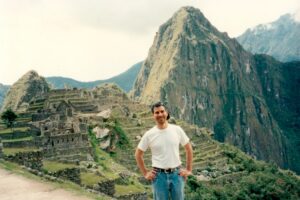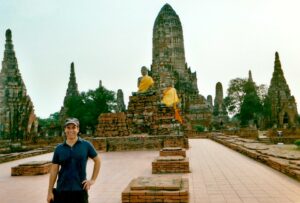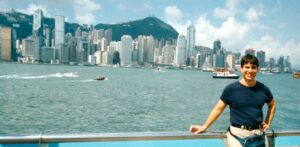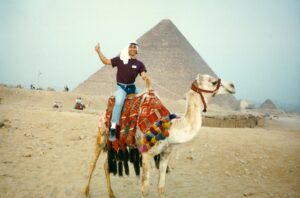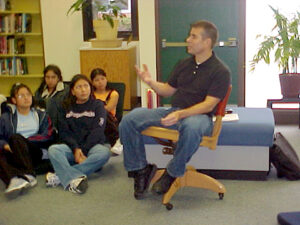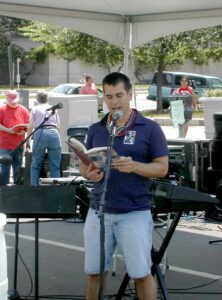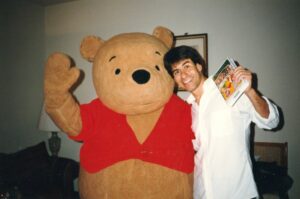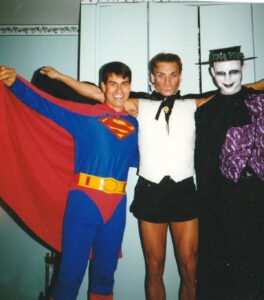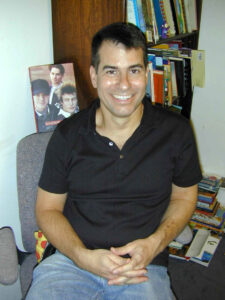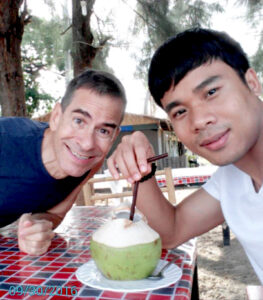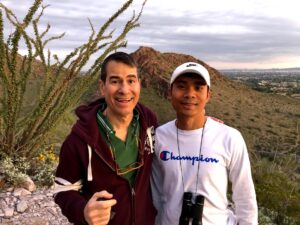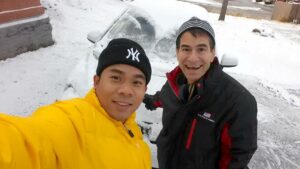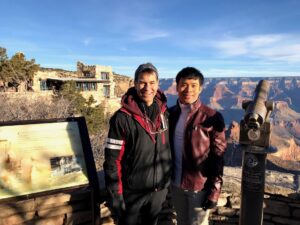Alex Sanchez was born in Mexico City in 1957 to a German-Mexican father and a Cuban mother. At age five, his family moved to Austin, Texas, and Alex encountered racism and xenophobia for the first time. He responded by quickly learning English and relying on his light skin to “pass” as White, but he still felt out of place everywhere: too Mexican for his Cuban relatives, too Cuban for his Mexican relatives; too White for his Latino friends, and too Latino for the White world.
In elementary school, Alex discovered that he liked both boys and girls. He found himself in an early love triangle with his best friend and a girl they both liked. Thankfully, his mother encouraged him to express himself through his body, trying on her skirts and makeup. But as he got older, Alex found himself going into a shell. He stood by passively while other kids who were perceived as gay got bullied, afraid to do anything lest the bullies turn on him. It was a time he would return to, and atone for, in adulthood.
At age 18, Alex attended a queer youth group he’d heard about on the radio, where he met openly gay people for the first time. He went clubbing in Washington, DC, where he developed connections with other gay guys–as well as a reliance on alcohol to feel comfortable. After college, Alex came out to his family. Each of them responded with, “Well, you’re my son/brother and I love you, but I hope you didn’t tell the others.”
Coming out also inspired Alex to reclaim his Mexican heritage. For 12 years he worked as a cross-cultural counselor, traveling all over the world, followed by six years of working with environmental nonprofits in South America. He regained his Spanish fluency and slowly released the shame he’d once felt about being Latino.
When Alex contracted hepatitis in Costa Rica, a doctor told him, “If you drink again, you’re risking your life.” It led to the spiritual wake-up call Alex needed, and he entered a 12-step program, which became the conduit for other life transformations: he went to therapy and started writing stories, based on moments from childhood that were “frozen up inside” of him. A writing teacher encouraged him to send her his novel when it was finished so she could pass it on to her agent. It took Alex five years to take her up on her offer, but in 2001, Simon and Schuster published Rainbow Boys (2001). When he published the sequel (Rainbow High), Alex took the leap away from counseling and nonprofit work and committed to writing full-time. Along the way, an international book launch event led him to Thailand, a country he loved so much he eventually lived there for thirteen years. In the process, he met his current husband.
Alex and his husband now live in Rochester. He has since had ten books published. The most rewarding part of writing, for Alex, is hearing from young people who see themselves in his stories. Experiencing his own sexuality and gender outside of either/or binaries, Alex is excited by how much more comfortable younger generations seem to be with ambiguity. Far from the moments of silently standing by in his adolescence, Alex uses his writing to support the young people of today.

